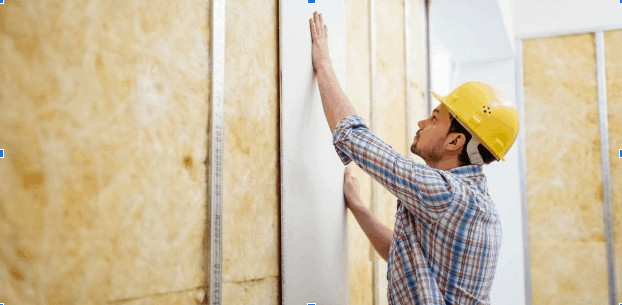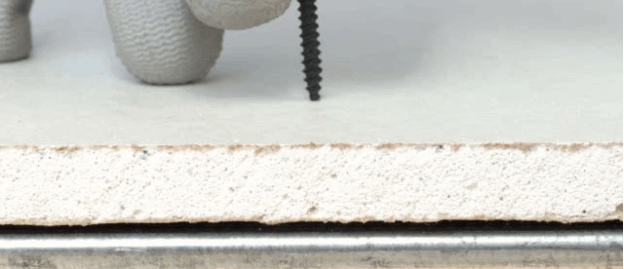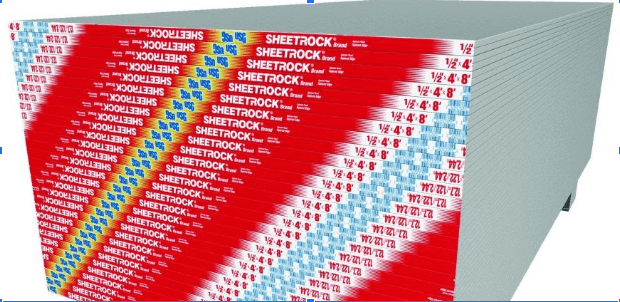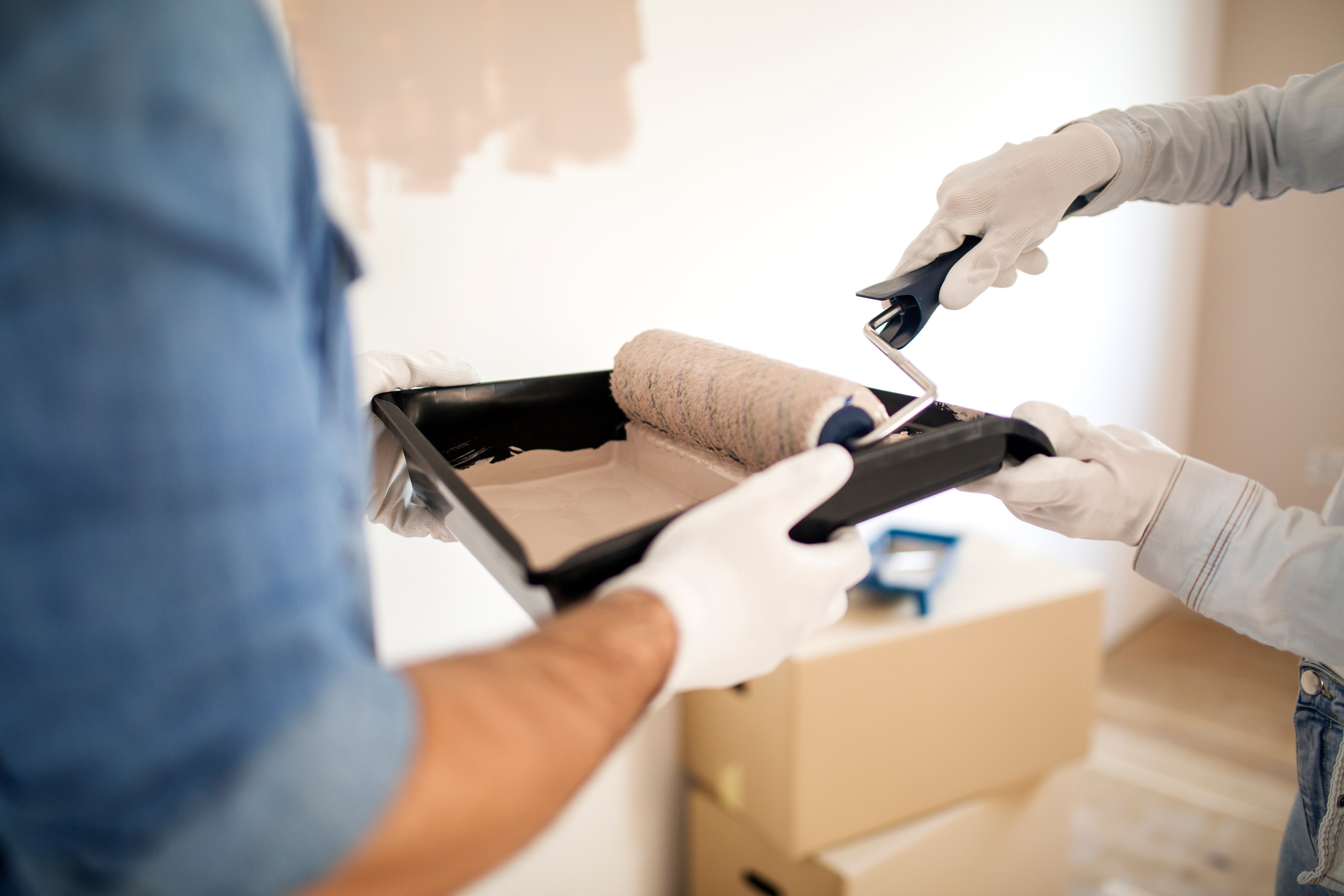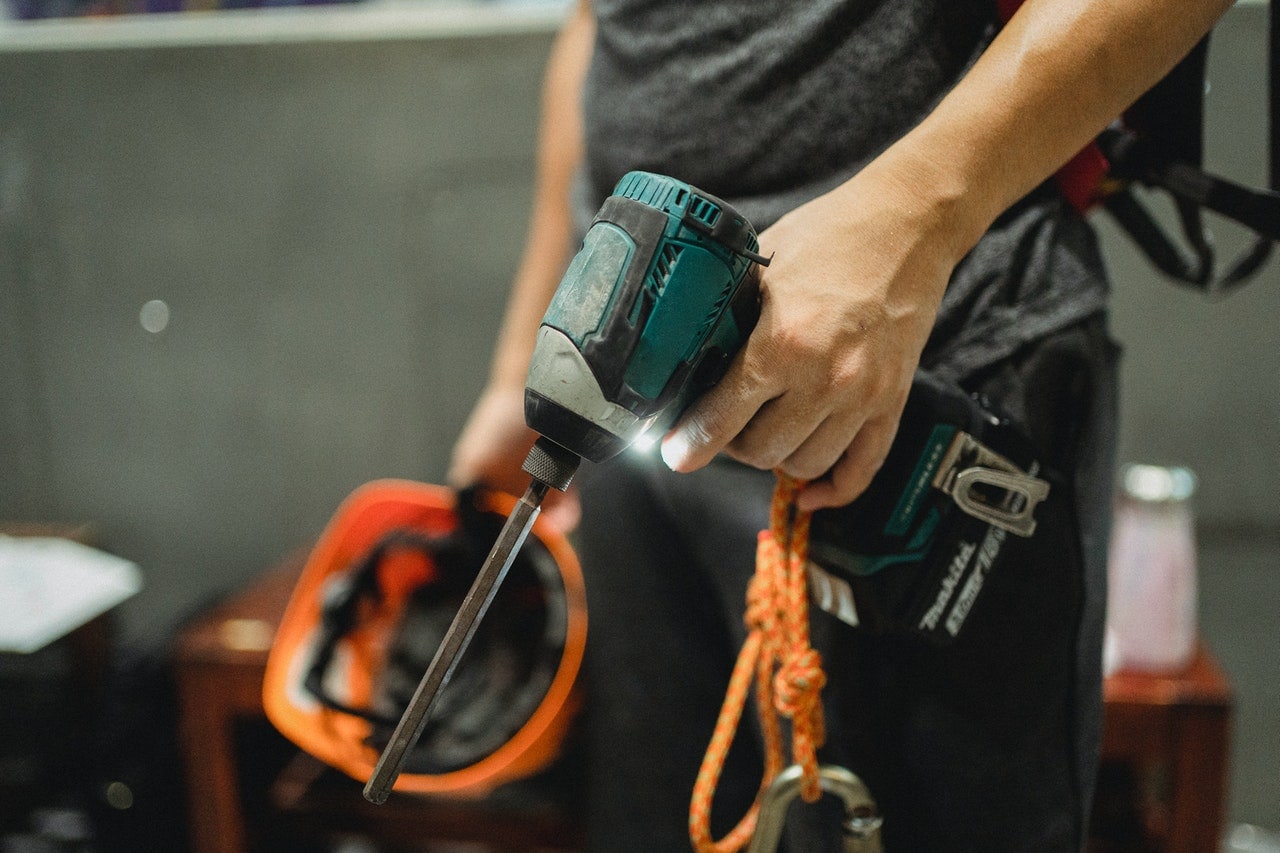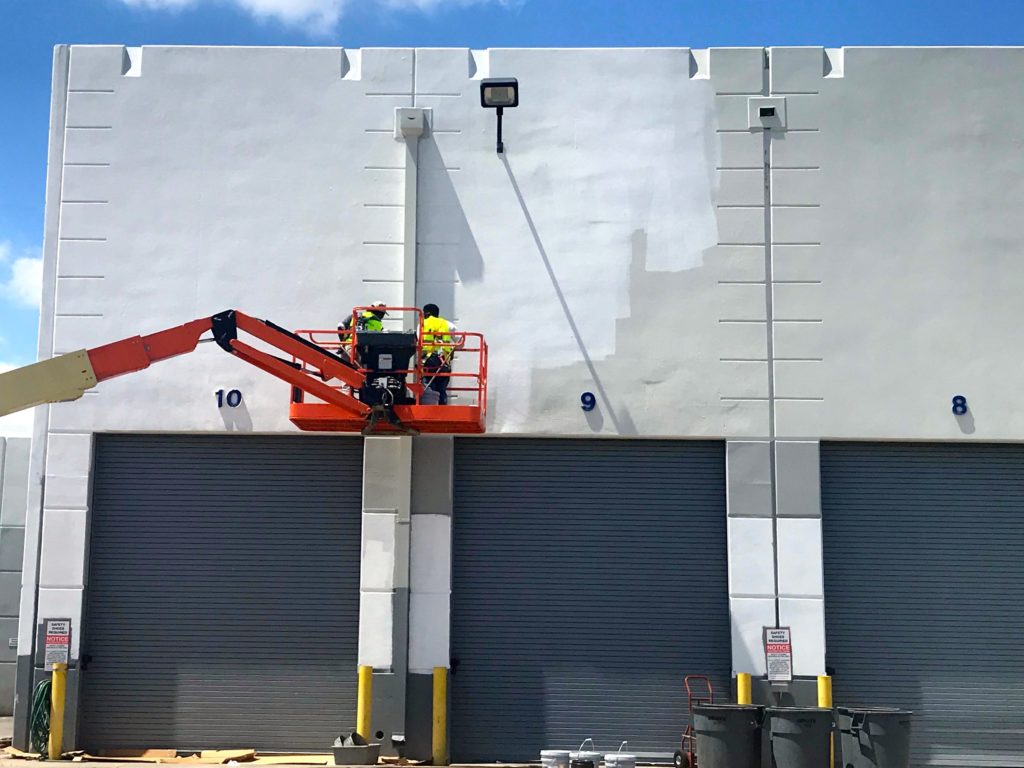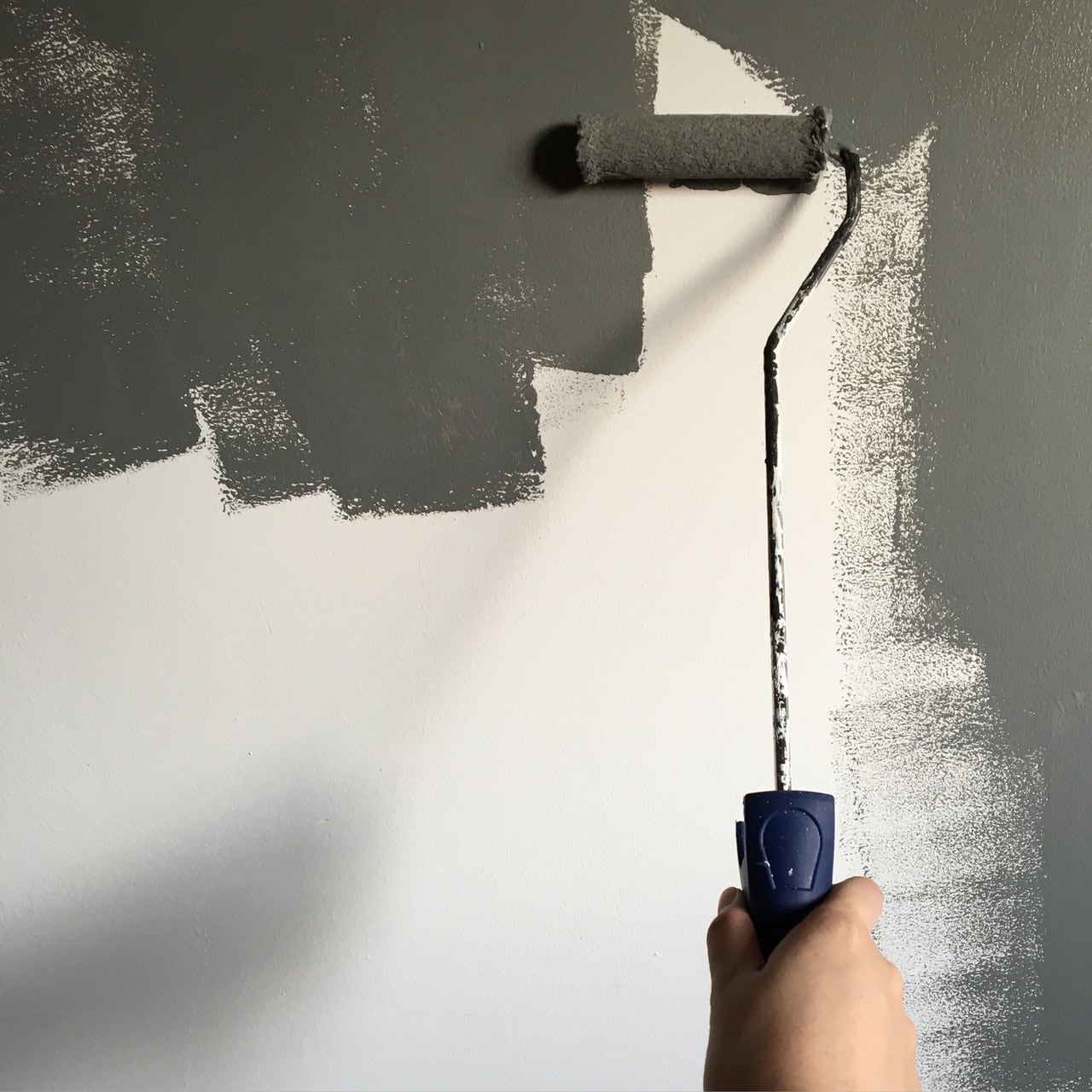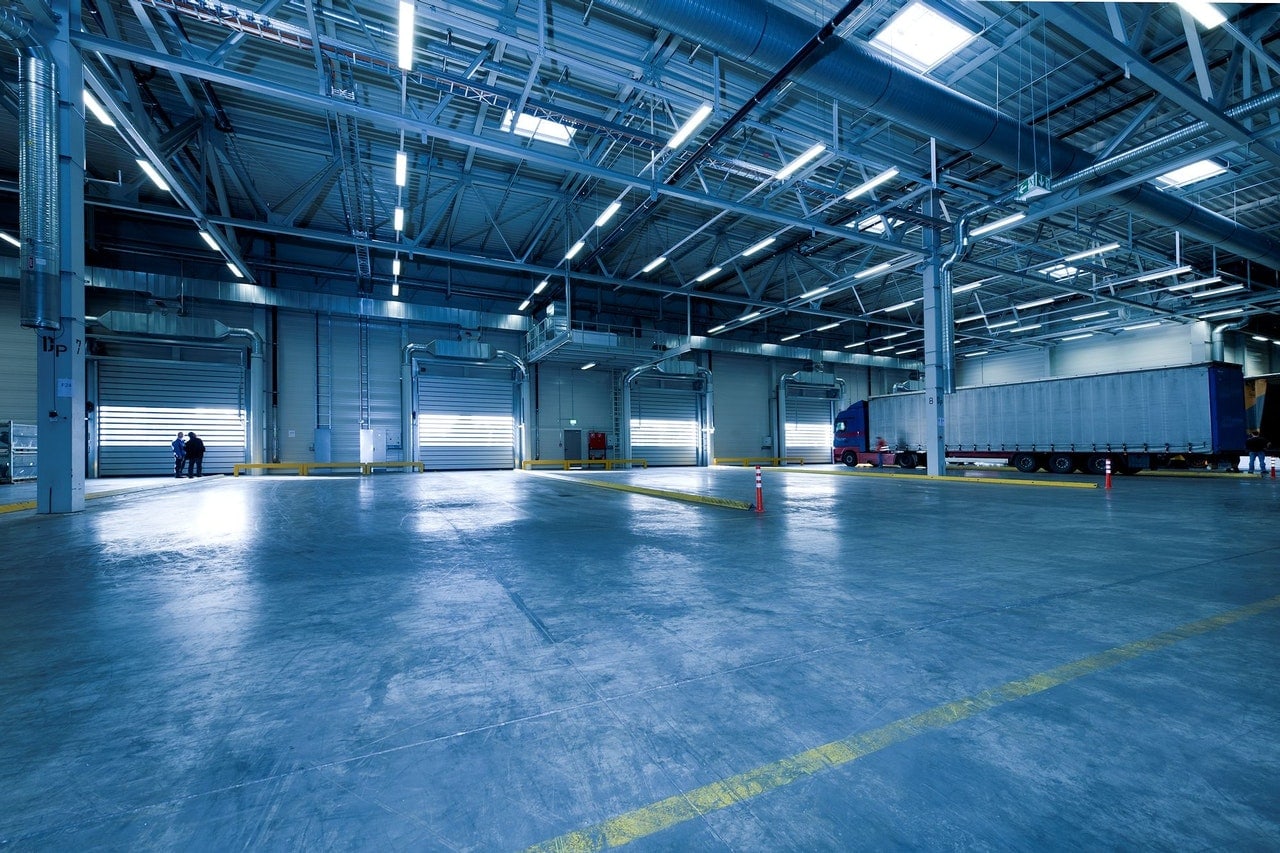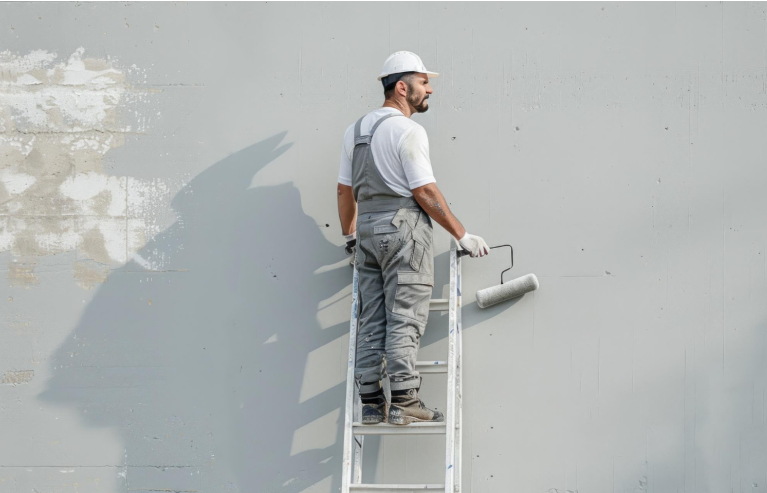Are you going to be starting a new home renovation project soon? Chances are you’ll encounter and will have to work with drywall if you’re dealing with the interior walls of your home.
A lot of people in the United States work with drywall on a daily basis as this industry subset is nested underneath parent industries that include general contracting, painting, HVAC, and many more. The drywall industry is so large in fact, that it employs over 310,000 people living in the United States alone.
Whether you’re a curious, veteran general contractor or you’re unacquainted with the industry of drywall or sheetrock wall installation, it’s important to know what the differences are between sheetrock vs drywall.
Comparing these two common construction materials is like comparing Charmin Ultra Soft toilet paper and generic, store brand toilet paper; respectively. Despite this comparison, it often seems that the terms sheetrock and drywall are often used interminably as if there’s no difference between the two.
Those who use these terms interchangeably couldn’t more wrong, considering the fact that sheetrock is, in fact, a brand name whereas drywall is a general term used to describe wallboard that is affixed to wooden uprights that are lodged between the exterior and the interior of a home, with insulation commonly found in between.
In other words, all sheetrock is drywall, but not all drywall is sheetrock.
Before you get a detailed comparison of the similarities and differences commonly found in sheetrock and drywall, it’s important to first mention that this article isn’t a cheesy attempt at an advertisement for either sheetrock or other drywall brands. Instead, you can expect an informative and objective, unbiased comparison between the two terms.
Here are the main differences you can expect when you’re ready to purchase either sheetrock or drywall.
